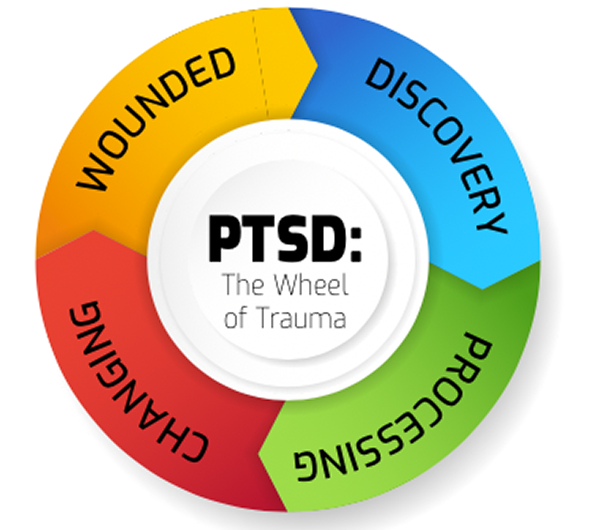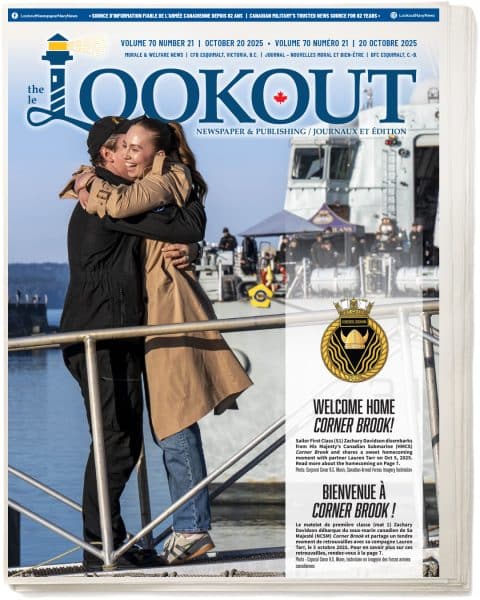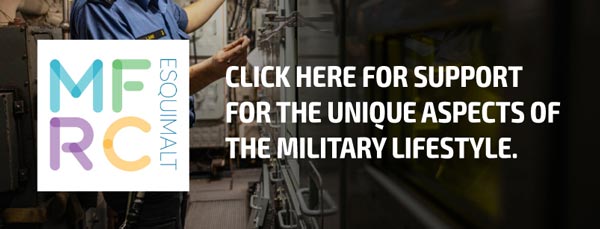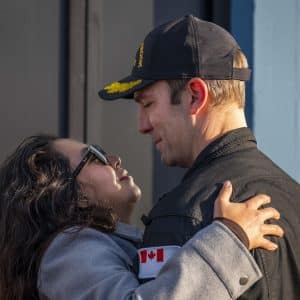
Thomas Goenczi
Lookout Contributor
—
Traumatic events interacting with our psychological state can generate profound psychic wounds like Post-Traumatic Stress Disorder (PTSD), forming a perfect storm for mental anguish. Our past experiences and psychic makeup meet a critical event that will change our lives forever.
While trauma responses share commonalities, individual experiences and processing differ significantly. However, how we got there and how we will process it is unique and distinct to us. This is a reason why our trauma affects us differently.
Trauma often follows a cyclical pattern:
- Wounded: Individuals lack effective coping mechanisms, experience overwhelming emotions, and have limited insight into the event’s impact. This can lead to psychological stagnation where one finds oneself often repeating the same self-destructive patterns. This can be torturous because there is typically an awareness of this cycle and how it may be derailing one’s life. We sometimes dwell in this wounded state, and we often find justifications to stay wounded – we stay comfortable.
- Discovery: Realizing and accepting the traumatic event’s detrimental effect on one’s psyche. It takes time to discover and most importantly accept that we went through something traumatic. We wade through waters of shock and denial, with some of us believing we can manage independently because we have the resources and psychological makeup to do so. Others feel doubt and fear, paralyzed by the trauma.
- Processing: Unconscious processing begins almost immediately after the event, manifesting as dreams and flashbacks. Conscious processing involves actively seeking help and we can begin to do the work ourselves. Mindful awareness during this stage can bring a sense of purpose and gratitude.
- Changing: We begin to either become psychologically stronger or weaker. Trauma can be a fire at sea for the ego, however, we must realize our trauma does not have to define us. It can be a catalyst for personal growth, pushing us back onto our life’s path and potentially helping others.
These categories flow into one another and can occur simultaneously. For example, discovery isn’t just about realizing the trauma but also understanding its deep impact and origins.
Trauma is not linear, it develops uniquely in each person. There isn’t a one-size-fits-all trauma treatment, which can be extremely deflating; the wheel of trauma spins. Yet, we also have a chance to grab a hold of that wheel and direct our lives better. By consciously reflecting on and working through our trauma, we can start to regain control and reduce our attachment to it. Though wounded, we are not broken, and our lives can become worth living again.
Thomas Goenczi is an RCN Veteran and MA Clinical Counsellor with Private Practice: Well Then Therapy.
The content is not intended to substitute professional advice, diagnosis, or treatment. Always seek the advice of your mental health professional or other qualified health provider with any questions regarding your condition.














